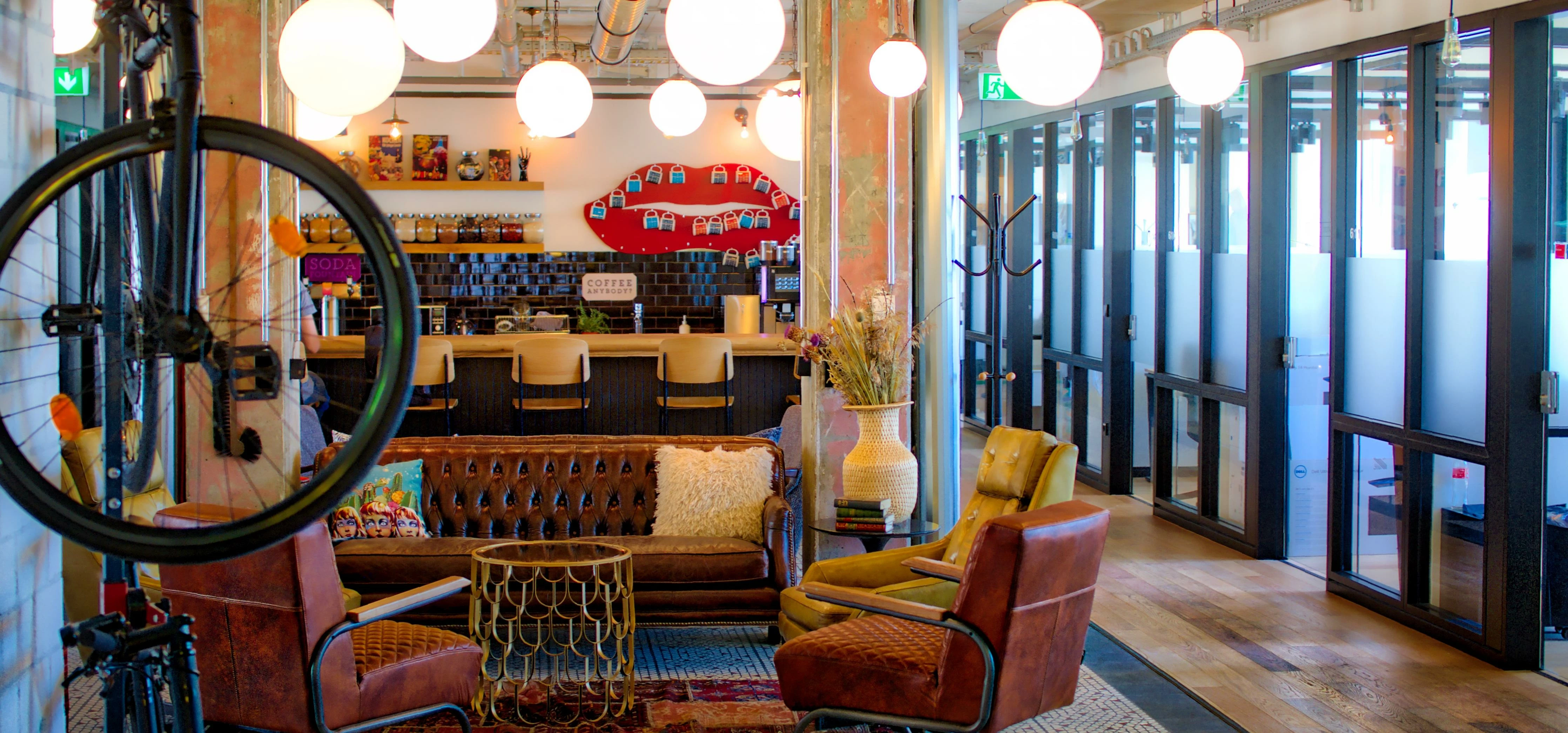
Partner Article
Moving offices? What to consider when kitting out your new workplace
Creating a working environment that is inspiring, functional and ‘on brand’ is crucial for businesses. There has been much research that links a high-quality, scenic office to increased productivity and wellbeing amongst employees, which in turn can help to boost bottom lines. When it comes to furnishing a new workplace however, how can business leaders be sure that the equipment they pick will not only aid staff with their work but will also look stylish and stand the test of time? By asking themselves the following questions, organisations can be confident that they meet the criteria and therefore design a space that is practical but sophisticated and inspiring.
Is it suitable for the type of work and space?
Functionality should always be a top priority when selecting furniture for a new office – after all, staff are there to work. However, they can only do this if they have the correct equipment to support them. As most office workers only need a laptop and a good Wi-Fi connection to do their job nowadays, it could be worthwhile investing in modular furniture to meet the needs of a flexible workforce.
Modular desks are designed so that they can be used on their own or fitted together with other desks or breakout furniture. Because of this they can easily be adapted to suit individual work or large group projects, as well as accommodate informal meetings. This agility is not only beneficial for a current team, but it is also a cost-effective solution should a business need to adjust its staff numbers.
It is also imperative to consider other business needs, such as health and safety issues or private and confidential storage. If an organisation relies heavily on computers, printers and phones, more often than not there will be a lot of cables and peripherals. In this case, it is essential to purchase furniture that incorporates cable protectors and tidy units to safeguard against any accidents. Similarly, if a business needs to store confidential documents, then it must invest in secure storage systems to keep papers safe and private. Likewise, private storage may also be required onsite, benefiting employees as well as keeping areas tidy and compliant with health and safety regulations.
When it comes to space, it is fundamental that businesses consider the building they are in, as it is important to remember that furniture will need to fit through doorways, halls, lifts and stairwells. This is where expert advice on measurements, floor plans and also the type of furniture can add value. If space is limited, multipurpose furniture, such as storage boxes that double up as chairs or stack to form room dividers, is a smart way of limiting the volume of furnishings needed.
Will it be comfortable for staff?
The average UK office employee will spend 75 per cent of their working day sitting down. Therefore, comfortable desks and chairs are paramount in looking after an individual’s welfare and ensuring they can work at their optimum. High-grade ergonomic chairs, as well as height-adjustable desks, are extremely helpful in this area as they are designed to support posture and prevent injury. However, if introducing this type of furniture company-wide will be financially unrealistic, there are affordable alternatives. Accessories, such as back supports and booster seats, are just as effective in supporting the coccyx and minimising slouching, and will ensure staff are sitting comfortably. In addition to this, on-desk workstation risers enable businesses to convert standard desks to accommodate sit/stand working practices.
Does it mirror the image of the business?
Whilst practicality and functionality are important to the employee, office furniture should also reflect the brand and personality of a business. Although contemporary, vibrant and minimalistic pieces will suit trendy, creative agencies, they may look out of place in a more traditional and conservative setting. In addition to image, furniture should also reflect the values of an organisation. For example, if a business is promoting more eco-friendly practices, it could provide lockers to encourage staff to cycle or run to work, and office furnishings such as potted plants or living walls that can have oxygen-boosting properties.
Moving office is a big decision and businesses will want to make sure that everything is right, including the new furniture that is implemented into the space. By ensuring that any new pieces are comfortable, pragmatic and fit the image of a business, management will create a working environment that will motivate and ignite their staff.
Paula Marshall is head of furniture category sales at business solutions provider Office Depot.
This was posted in Bdaily's Members' News section by Office Depot .
Enjoy the read? Get Bdaily delivered.
Sign up to receive our popular morning National email for free.








 Raising the bar to boost North East growth
Raising the bar to boost North East growth
 Navigating the messy middle of business growth
Navigating the messy middle of business growth
 We must make it easier to hire young people
We must make it easier to hire young people
 Why community-based care is key to NHS' future
Why community-based care is key to NHS' future
 Culture, confidence and creativity in the North East
Culture, confidence and creativity in the North East
 Putting in the groundwork to boost skills
Putting in the groundwork to boost skills
 £100,000 milestone drives forward STEM work
£100,000 milestone drives forward STEM work
 Restoring confidence for the economic road ahead
Restoring confidence for the economic road ahead
 Ready to scale? Buy-and-build offers opportunity
Ready to scale? Buy-and-build offers opportunity
 When will our regional economy grow?
When will our regional economy grow?
 Creating a thriving North East construction sector
Creating a thriving North East construction sector
 Why investors are still backing the North East
Why investors are still backing the North East